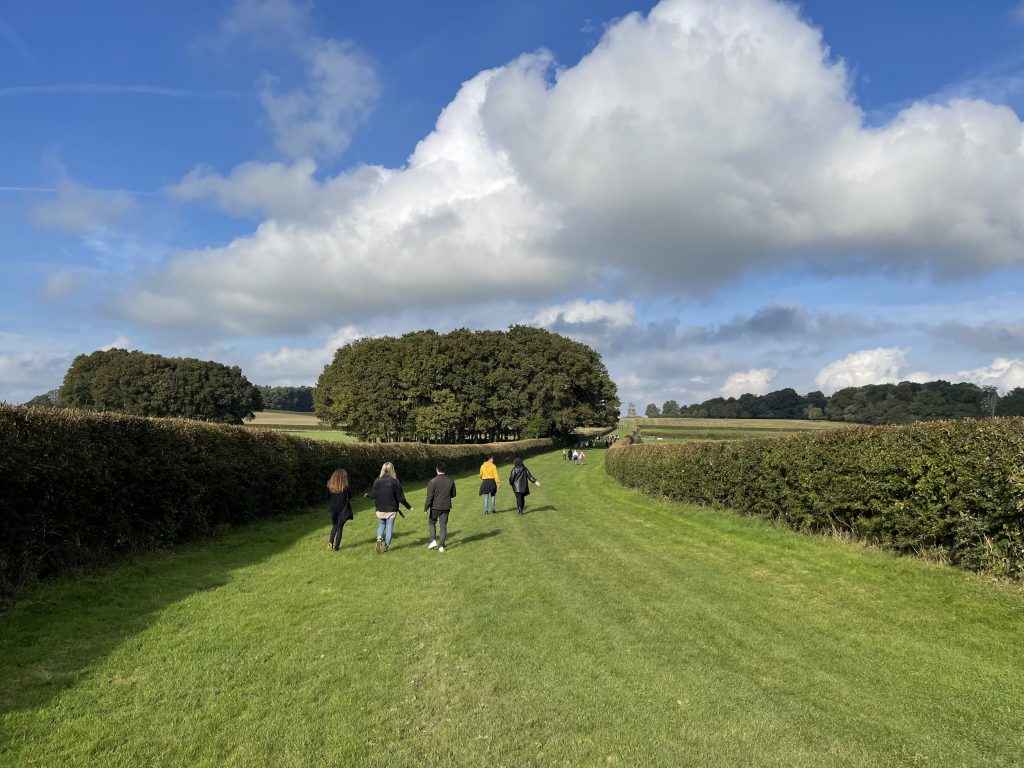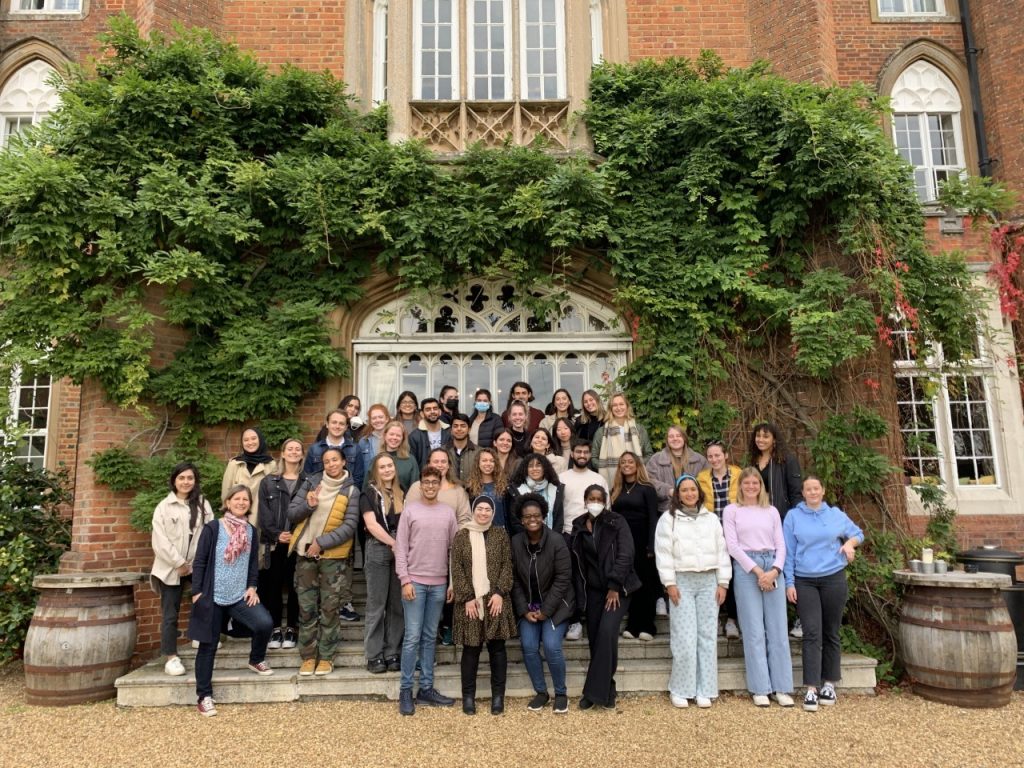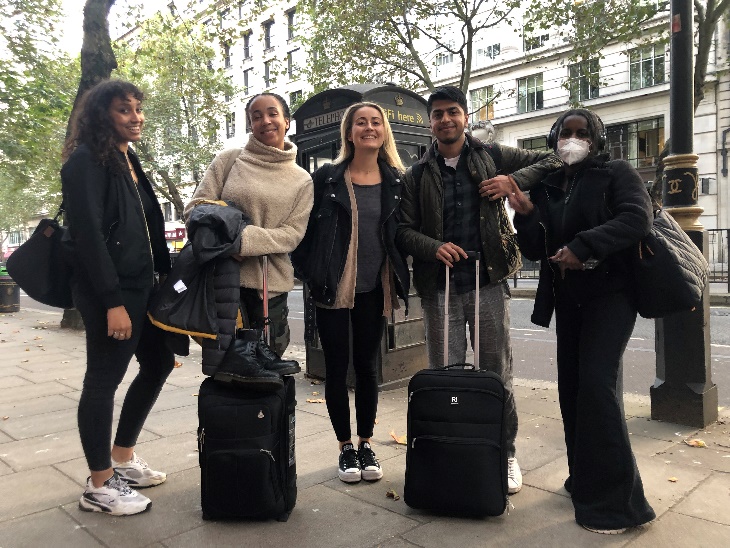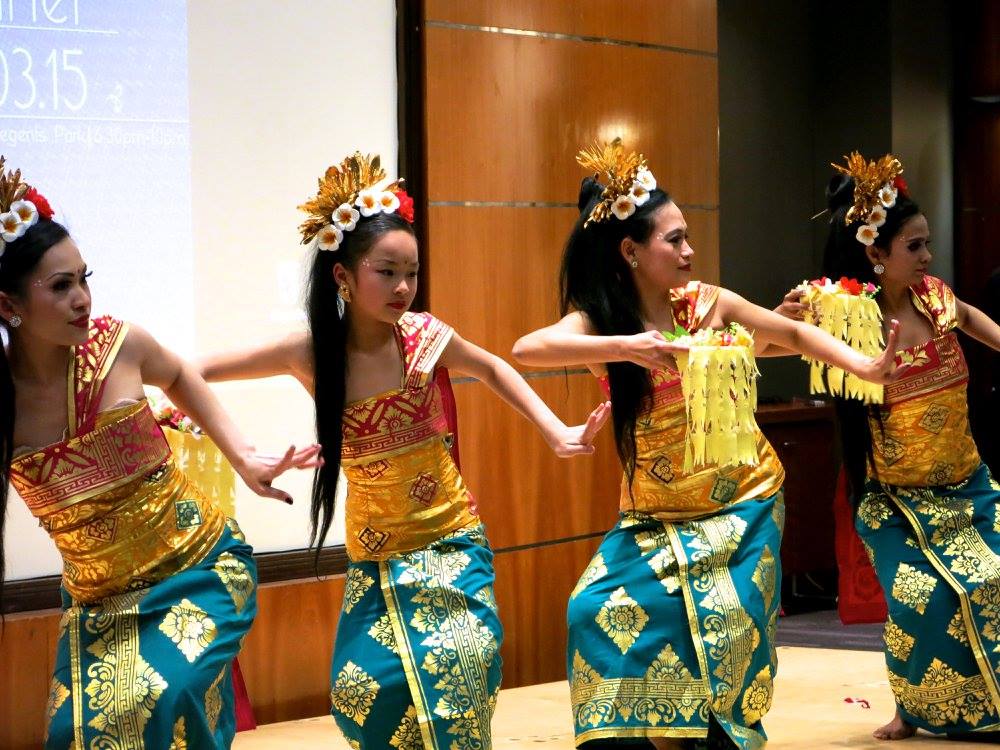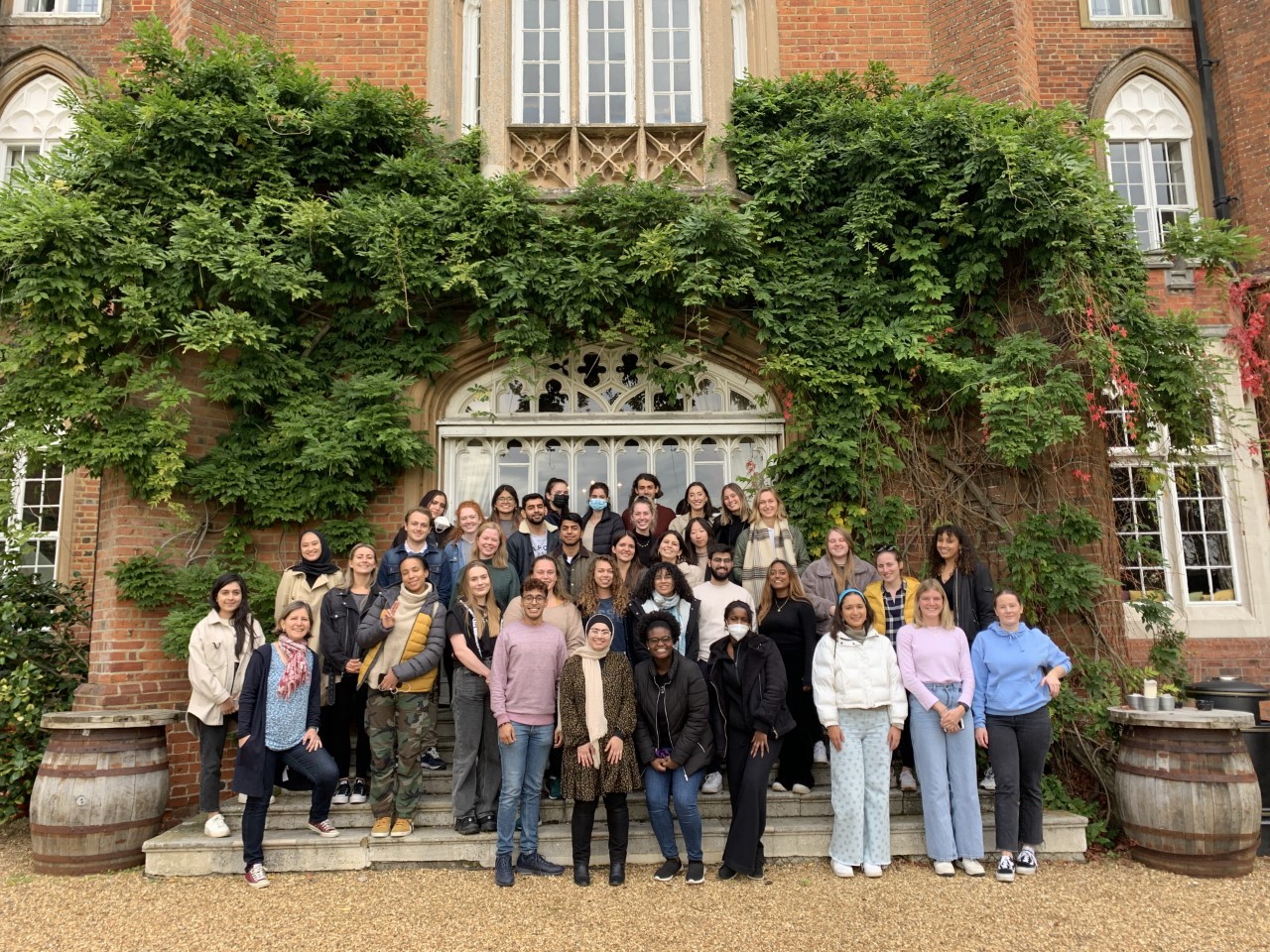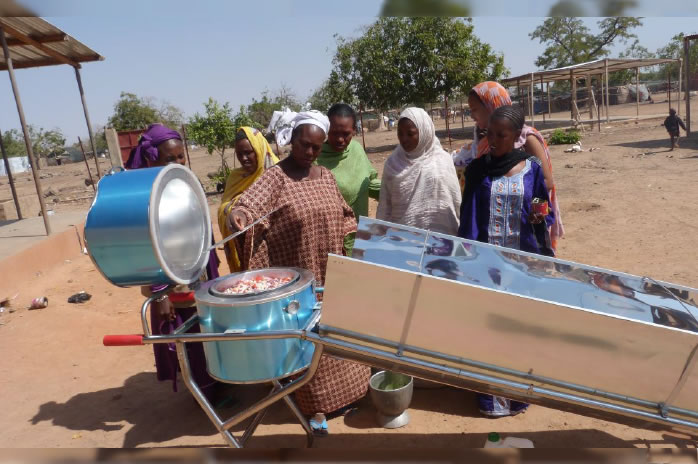Students in their second year of part-time study on the MSc in Health and International Development, Kaniya Abubakar, Leah Bekedam, Elsie Cullen, Irfan Suleman and Filipa Tamlyn-Serpa share their reflections on the Department’s first Cumberland Lodge trip of the academic year (15-17 October) which focused on Health, Politics and Development.
Welcome to Cumberland Lodge! A time to make bonds, stimulate imagination, and most importantly, escape from reality.
We are the part-timers, also known (okay we won’t generalise, maybe not by all) as the ghosts. The people who might be in one of your seminars, rarely at all the social events, and the ones quietly lurking in the group chats. Due to the nature of our schedules, being immersed in a fun and educational environment with colleagues, for a weekend, in the International Development department, was something of a novelty.
But there we were, in the heart of Windsor, surrounded by a range of likeminded, curious individuals, who, just like us, have a burning passion to contribute to the field of international development.
After a rapid coach journey, we arrived at the beautiful Cumberland Lodge and settled into our lovely, spacious, Victorian style rooms. Not for too long though, as dinner awaited us, with fishcakes on the menu, to everyone’s delight! The food throughout was amazing, with a great variety of cuisines on offer throughout our time there including a generous breakfast menu. We would expand, but perhaps best not to tease your taste buds!
All sessions were stimulating in their own respect and were delightfully varied in their research focus. As students who have worked or are currently working in fields including Public Health and Communications/Marketing, or who have embarked on development projects in Mozambique, we enjoyed the sessions, and we could draw parallels to our own experiences.
One such example was a session led by Professor Peter Waiswa of Makerere University, who kindly tuned in on Zoom, to discuss the Covid-19 response from Uganda. A key theme we took away from this was how quickly governments in Low- and Middle-income Countries like Uganda mobilised, including significant collaboration with local academics and researchers to ensure accurate health intelligence was guiding decisions on interventions to ensure continuity of emergency health services. It raised questions on how to extend this challenge of maintaining health capacity beyond Covid-19, an issue that some of us had experienced in the same region prior to Covid-19.
Sandwiched between the sessions, we went on a walk towards Windsor Castle. We followed a beautiful trail to the castle, taking us past the infamous statue of King George III, and got our 10k steps just as we got there! The castle was a worthwhile visit, with a lovely village atmosphere surrounding it, giving ample opportunity to take in the scenery.
Fast forward through the delicious meals, the evenings were a great opportunity to get to know more of our fellow students in the department. This opportunity was most welcomed, particularly as many of us did not attend all induction and welcome sessions! Whether it was through a game of table tennis or pool, which at times got competitive, or a challenging quiz aimed to fry the last cells left in your brain, we enjoyed the opportunity to socialise with people (yes, get to know people’s Harry Potter houses and their Netflix taste), not only from the MSc Health and International Development programme, but from across the department.
The weekend closed with a spectacular session on nudges and libertarianism in health run by Tiziana Leone and David Lewis from the department. As a couple of us had worked in the Marketing and Communication industries related to health, it was interesting to see how students framed their behavioural intervention policies around public health problems. From ideas discussing adjusted formats of the ‘Catch it, bin it, kill it’ campaigns for flu and Covid-19 to providing grants to businesses running non-alcoholic drinks campaigns targeting pregnant women, we learnt how Cass Sunstein’s theory of ‘nudge’ came to play in the world of health communications. Those of us who had completed optional courses in health communication from the Department of Psychological and Behavioural Sciences felt very well placed to do this task!
It’s painful that these joyous travel occasions go by so quickly. Having said that, it’s another valued memory banked in the diary of a part-time student. Here’s to more!
The views expressed in this post are those of the authors and in no way reflect those of the International Development LSE blog or the London School of Economics and Political Science.


